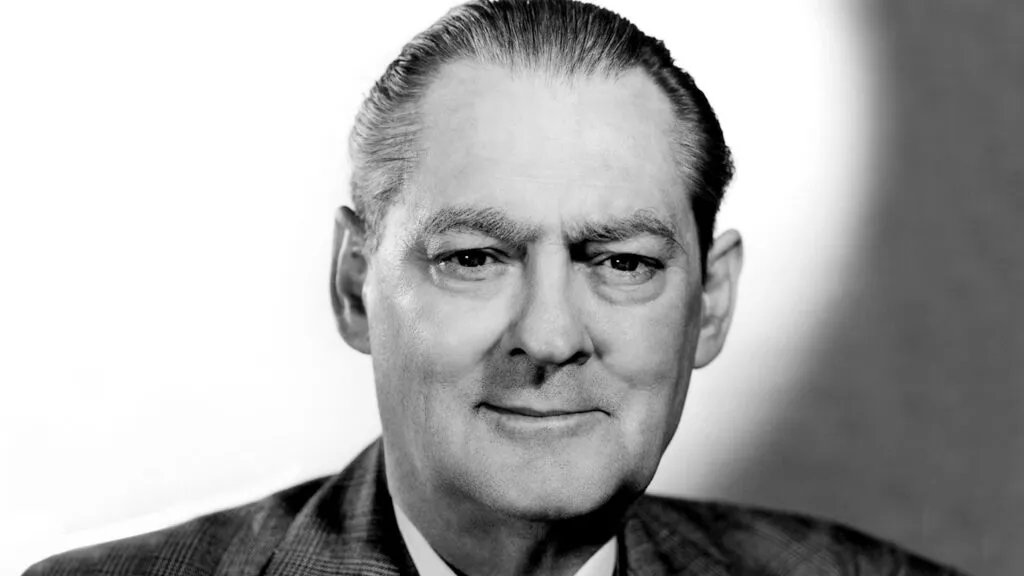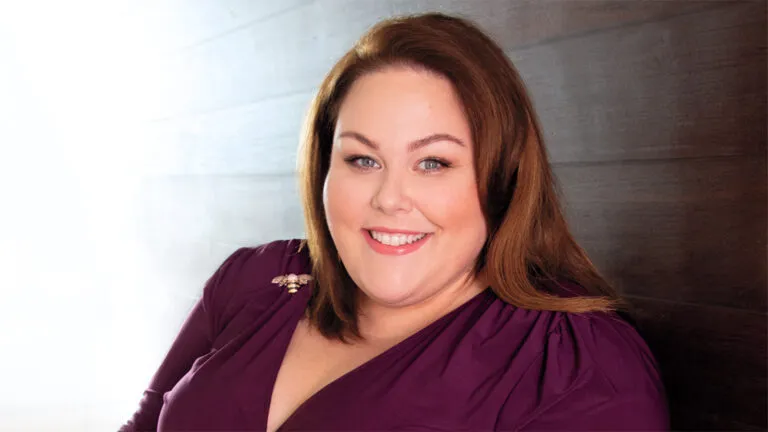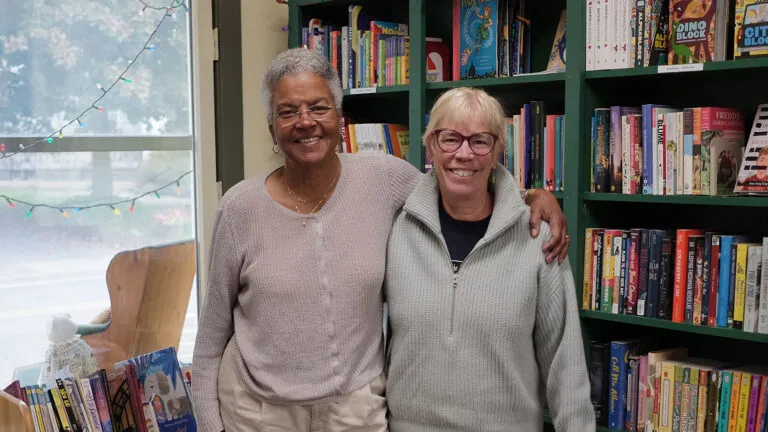Even Charles Dickens himself probably did not foresee the enduring quality and uplifting influence of A Christmas Carol, which comes to us at this joyous season, still green as holly.
His imperishable work is a message written in simple human terms and full of living significance. His are people of the everyday world whom we recognize at first glance and grow to know in their grimy streets and their shabby homes as we do our own good neighbors.
His warm imagination lifts them above the chill fog of worldliness. And all this glowing revelation works for the betterment of humankind in general.
It is not so much that these flesh-and-blood men and women and children of his exist in the brain as that they live in the heart. Hope speaks in this relationship, realization gains immediacy in this understanding.
For my part, I believe that human beings are all inherently kind, and inherently generous. But in the turmoil of modem times people are likely to forget. Their true instincts are prone to be buried under trying individual problems and rushing events of the day.
Then a message like that of A Christmas Carol reminds them of what they really are, deep down in their souls.
Every year playing in A Christmas Carol, as I have been doing for fifteen years, becomes a great source of gratification and pride to me. It is a privilege such as few actors have been vouchsafed.
I don’t do it for any money that’s in it—I don’t care a hoot about the money. It is because it gives me a feeling that I have, perhaps, performed a slight service in reminding people of their own selves, helping them to remember that when a man lays aside all extraneous matters that cloud an issue, he is kind.
As an instance of what I mean, a drive for the Red Cross was launched at Metro-Goldwyn-Mayer in the earlier part of the recent war. Every worker at the studio attended the meeting. Louis B. Mayer described the work of the Red Cross, discussed its operation, and gave figures.
“I don’t want anyone to make a donation because I ask him to,” he said. “All I ask is that your conscience and your natural instinct guide you.”
Robert Montgomery then gave a description of what he had actually seen while serving as ambulance driver at the front, and told of the thousands of refugees, women, children and aged men, he had encountered along the roads.
The result was that donations exceeded by far the quota set by the studio. Now, had the studio merely put out donation boxes with placards announcing the drive, busy men and women, probably would have glanced, absent-mindedly remarked, “Oh, yes—the Red Cross,” and dropped in a coin or two.
READ MORE: LILLIAN GISH ON GOD’S HEALING LIGHT
That would not have been because they were stingy or ungenerous, but simply that they had not thought about it. It was the dramatic personal appeal that brought home the thought.
This likewise is true of the Christmas spirit and all that goes with it. People sometimes are too busy, or too concerned with other affairs, to give it the necessary thought. Political rivalries, world warfare, troubles of today often take on such an aspect of importance that the more genuine things of life are lost sight of in the general commotion.
Then a message like that of A Christmas Carol can come along to bring awareness to people, and they become their inner selves again. It brings them happiness. It brings others happiness. It brings me happiness.
It doesn’t reform anyone. It only calls to mind the good that has been in their hearts all the time; the happiness they always have wanted to feel, the happiness that now is theirs.
This happiness comes to Scrooge through the complete change for the better wrought in his character. Everything Dickens has written fascinates me. How he dug so deep into the soul of man to create the many characters that have lived through the years amazes me, just as the might of thought expressed by Kant fairly staggers my imagination.
Think of and marvel at the great thought contained in so few words as Kant’s one sentence: “Time passeth not, but within it passeth all that is mutable.”
I have played many Dickens characters on the stage during my years of barnstorming and stock, but never happened to play in A Christmas Carol until I did so on the radio. I should have liked to play Scrooge in the motion picture made by Metro-Goldwyn-Mayer.
READ MORE: JAMES STEWART ON A FATHER’S STRENGTH
Illness preventing, the studio wanted to postpone the picture. But I felt that if ever its message were needed, it was then, with all the world in turmoil. Accordingly, I begged that my friend Reginald Owen be given the part. A fine actor, it seemed fitting that a countryman of Dickens should play it.
The picture was made, and I am happy to say Reginald gave a great performance.
A Christmas Carol is not a matter of religion, yet its spiritual light shines. It is a fantasy with a prayer.
Let me say again, I am grateful for A Christmas Carol and grateful to it. For, like the rest of the world, I am wont to forget, and its reminding message does me as much good and revives me as much spiritually as I sincerely hope it does those who on Christmas Day turn on their radios to receive it. Since they want it every year, it must be so.
Click the play button below to listen to Lionel Barrymore’s 1949 performance as Ebenezer Scrooge, first heard on the Mutual Broadcasting System.
For more inspiring stories, subscribe to Guideposts magazine.





